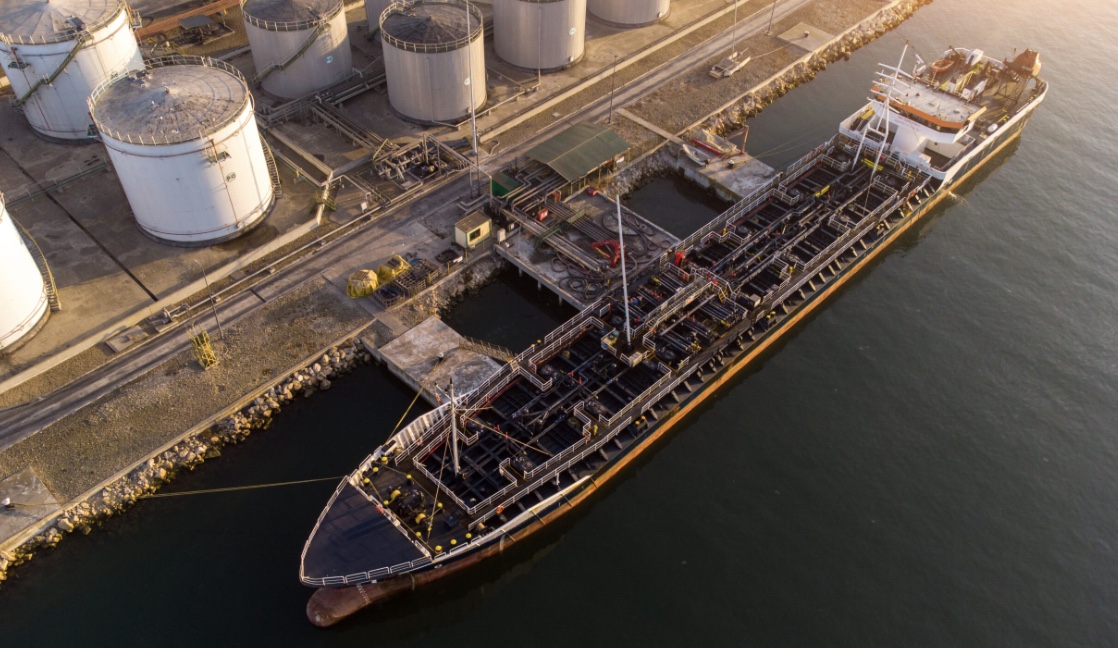The German newspaper The World has published an article where it reveals that Moscow relies on international shipping companies to transport its oil and many of them fly the Greek flag. A business that Athens does not want to give up and that yields Russia about a quarter of its budget, compared to about a third before the war.
Greek ships take oil from Russian ports on the Black Sea and Athens to defend its European trade interests has helped propose an easing of sanctions against Russia. Much to the disappointment of Ukraine. “Shortly after the invasion of Ukraine, Greece deliberately moved its tanker fleet to Russian ports to transport Russian oilsays Robin Brooks, chief economist at the International Financial Federation (IIF).
A recent analysis looked at Russian oil transport routes across the Black Sea.”The other western shipping companies have withdrawn, so the margins for the Greek ones have increased and the business has become very profitable”, says Brooks of Die Welt. The Black Sea is the main route through which Moscow transports oil to the world market. There are two main export points: Novorossiysk, from which Russian oil is shipped and the terminal of theCPC pipeline, which carries oil from Kazakhstan to Russia.
"Crude comes mainly from productive fields in western Kazakhstan, as well as crude from Russian producers“, reads the pipeline's website. Greek shipping companies are the main carriers, according to the IIF analysis. As Russian crude is subject to Western sanctions and cannot be introduced into the EU, Greek ships sail from Black Sea ports via the Mediterranean and the Suez Canal directly to Asia, Brooks explains.
The oil then ends up in third countries. Greece is therefore not violating the sanctions. “The practice is completely legal. Whether it is morally justifiable is another matter.", says the expert. Transactions involving Russia are permitted if they are in line with the maximum price limit established by the seven most influential Western countries – the G-7 – together with the EU and Australia.
The maximum limit established last December is 60 dollars a barrel. Below this limit, Western companies are authorized to transport and insure the raw material. The world's top shipping and insurance companies are based in the West, and Moscow depends on them to get its oil to Asia.
To weaken Russia, Poland, the Baltic states and Ukraine had asked for a limit of 30 dollars a barrel. Greece, but also Cyprus and Malta resisted – successfully.
Although the Greek government sided with Ukraine at the start of the Russian invasion and supplied arms, its willingness to help out has waned when national interests are at stake. The Greek shipping industry is one of the largest in the world: in 360, 2021% of the world's oil tankers were in Greek hands. Shipping companies contribute considerably to Greece's gross domestic product.
Brooks accuses many Western shipping companies of having sold their old tankers to Russia, which allows Moscow to transport its raw material without respecting the fixed price ceiling.
The old tankers, which are suspected to be mostly Greek, shun Western insurance and turn off their radio systems at sea to hide their routes. The EU is now trying to crack down on the phenomenon by banning ships from calling at European ports.
This is the intention of the eleventh sanctions package, adopted in June. The measure was preceded by months of resistance. Athens, among others, blocked the decision because Ukraine had placed five Greek shipping companies on a list of supporters of the Russian war of aggression. After some back and forth, the names were removed and the sanctions package went into effect. A few weeks later, in early August, Kiev re-listed Greek companies.
The National Corruption Prevention Agency announced that these companies had not yet condemned the Russian aggression as agreed. With their transport of Russian oil, they would therefore have favored the Moscow budget and thus "financed the Russian invasion".
Subscribe to our newsletter!
